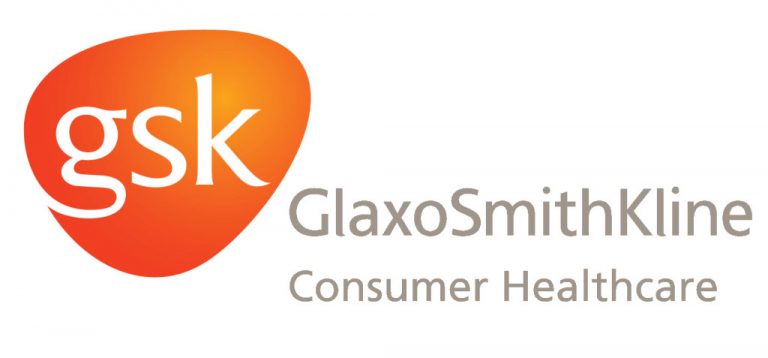
GlaxoSmithKline plc. (ADR)(NYSE:GSK) is the latest drug maker to turn to artificial intelligence to speed up the process of coming up with new medicines. The giant drug maker has signed a $43 million agreement with Exscientia for the development drugs of up to 10 diseases, while leveraging AI capabilities.
AI Capabilities
Artificial Intelligent systems are currently being used to develop driverless cars as well as biometric solutions. Drug makers on their part want to leverage AI capabilities in predicting how a molecule will react to drugs under development. GlaxoSmithKline just like other drug makers believes that artificial intelligence could lead to cuts in drug development costs by saving on unnecessary tests.
With the help of modern supercomputers and machine learning systems, drug makers remain confident on AI speeding up drug development process. Exscientia already boasts of an AI system that it says can deliver drug candidates in a quarter of the time and a quarter of costs of conventional approaches.
Merck & Co., Inc. (NYSE:MRK), Johnson & Johnson (NYSE:JNJ) and Sanofi SA (ADR) (NYSE:SNY) have also turned to Artificial Intelligence to improve the efficiencies of their drug development processes
“Many large Pharma companies are starting to realize the potential of this approach and how it can help improve efficiencies,” said Exscientia Chief executive Andrew Hopkins.
Mergers & Acquisitions Trigger
This is not the first time that drug makers have turned to high-tech solutions to strengthen their research and development productivity. Robots able to carry out tests on millions of compounds are already in use in the sector. However, most of these solutions have failed to solve inefficiencies in the research process.
Success in the use of AI in the development of drugs could result in a wave of mergers and acquisitions in the space. Giant drug makers may be forced to pursue startups with proven AI systems to strengthen their drug development processes.
The major headwind with the use of AI to develop drugs is that the technology is yet to bring a single molecule from the computer screen to clinical trials and finally to market.
GlaxoSmithKline was down by 0.81% in Monday’s trading session to end the day at $42.77 a share




